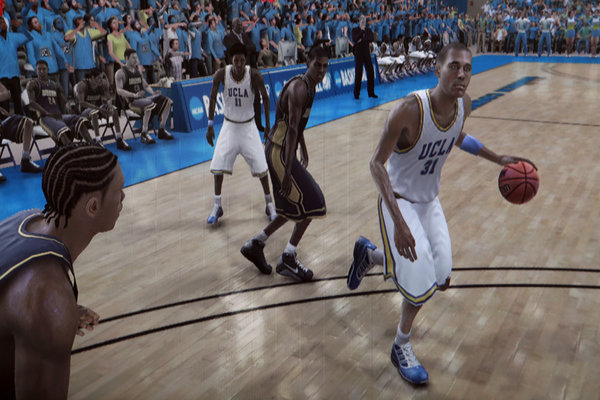The next step for Ed O’Bannon’s antitrust lawsuit against the NCAA could be the Supreme Court. Lawyers for the plaintiffs filed an appeal Tuesday to the high court, asking it to hear the case.
This follows the Ninth U.S. Circuit Court of Appeals unanimously upholding a lower court decision that the NCAA limiting its student-athletes to compensation only through tuition, fees, room, board and books violates antitrust laws. However, the court did depart from the lower court’s original decision for schools to provide athletes with deferred compensation of no less than $5,000 per year. On a 2-1 vote, the Ninth Circuit threw out U.S. District Judge Claudia Wilken’s decision.
This last point was a significant one for the plaintiffs, and their appeal focuses on the Ninth Circuit’s perceived use of an improper standard when reviewing this case.
The majority opinion in the Ninth Circuit ruling was essentially that scholarships including cost of attendance were significant compensation for athletes. Any more compensation risked upsetting the entire concept of amateurism in college athletics. The court justified this reasoning by maintaining the plaintiffs did not present strong enough evidence that the added compensation would not disrupt the principles of amateurism.
In their appeal to the Supreme Court the plaintiffs argued against this reasoning, pointing out the burden should actually be on the NCAA to show why the remedy offered by Wilken was inappropriate. The plaintiffs also argued the ruling used circular logic when it considered the effect of amateurism.
“The Ninth Circuit improperly credited” the alleged impact on competition among the schools and fan interest that comes from a system under which college athletes cannot receive the deferred compensation that Wilken allowed. ‘Amateurism’ is not ‘effect’ of the restraint at all, much less a procompetitive effect. It is simply another way of describing the restraint itself.”
The NCAA now has 30 days to respond and/or file its own request with the Supreme Court.
Of course, filing an appeal to the Supreme Court does not necessarily mean the appeal will be heard. The Supreme Court only hears approximately 1 percent of all cases appealed to it.
However, should the Supreme Court hear the case, both parties face risks and rewards. Obviously, the NCAA is in jeopardy of having the original ruling ratified by the highest court in the land. But the plaintiffs also are at risk of the Supreme Court reversing the appellate court’s decision to uphold the NCAA’s violation of antitrust laws. This would also assuredly wipe out the $46 million in damages the plaintiffs are seeking — a figure the NCAA has worked hard to reduce.
The O’Bannon case began all the way back in the summer of 2009, and this latest development has the battle well on its way to hitting its seventh birthday.







